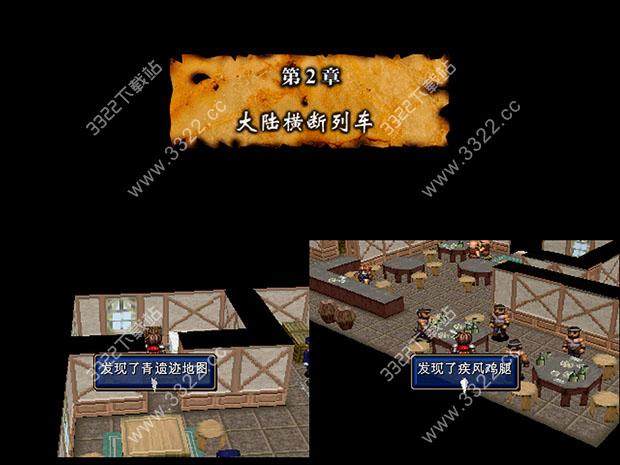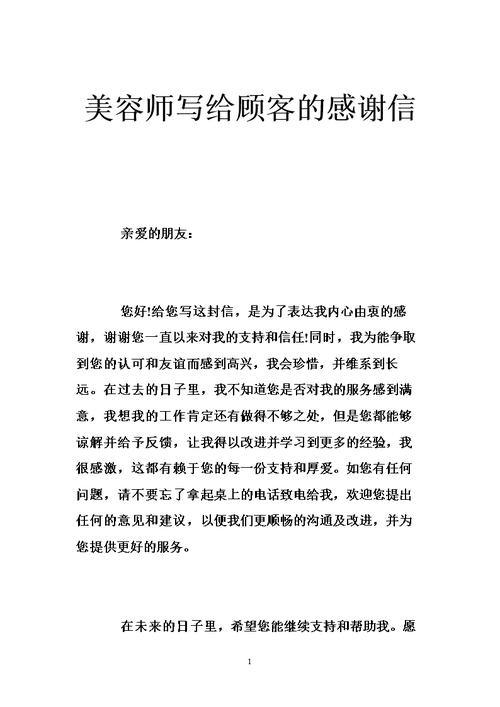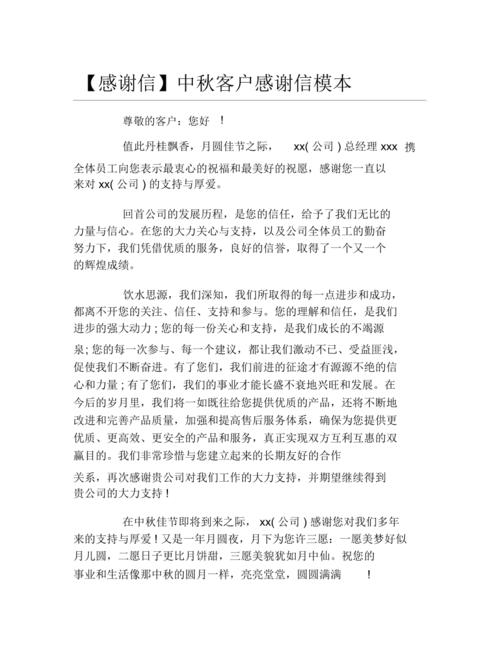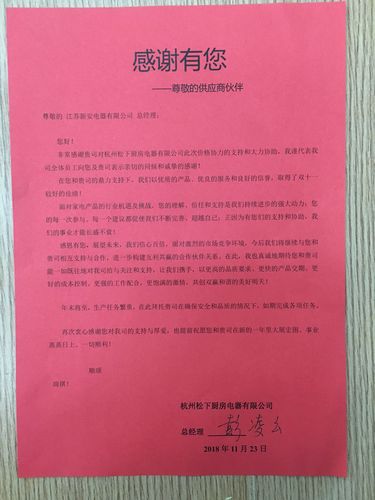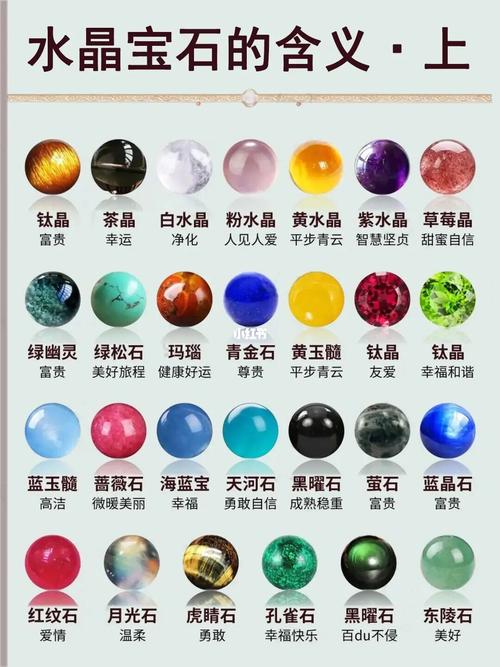
1. 表示“找到”,其后可接双宾语;若双宾语交换位置用介词 for引出间接宾语。如:
Can you find me a hotel?=Can you find a hotel for me? 你能给我找一家旅馆吗?
We found him a good job.=We found a good job for him. 我们为他找了份好工作。
比较下面一句(found 后为复合宾语):
We found him a good teacher. (=We found that he was a good teacher.) 我们发现他是位好老师。
2. 表示“发现”时,其后可接各种形式的复合结构:
(1) 宾语+名词作宾语补足语。如:
You'll find it a difficult book. 你会发现它是一本难懂的书。
有时可在宾语补足语前加上to be。如:
You'll find it to be a difficult book. 你会发现它是一本难懂的书。
(2) 宾语+形容词作宾语补足语。如:
He found the room empty. 他发现房间是空的。
I found the book easy. 我觉得这书读起来比较容易。
有时可在宾语补足语前加上to be。如:
We find the story (to be) very interesting. 我们发现这个故事很有趣。
(3) 宾语+副词作宾语补足语。如:
Did you find her in? 你发现她在家吗?
I went to her house but I found her out. 我到她家发现她不在家。
用作宾语补足语的副词通常只能是in, out, up, down, upstairs, downstairs等表示处所的副词小品词,而不能是其他普通副词。
(4) 宾语+不定式作宾语补足语。如:
He found the patient to be a small boy. 他发现病人是一个小男孩。
用作宾语补足语的不定式通常为to be(且通常可以省略),但当find用于被动语态时,可以用其他动词。如:
Her blood was found to contain poison. 她的血液里被发现有毒。
He was found to have helped himself to public money. 他被发现挪用了公款。
(5) 宾语+现在分词作宾语补足语。如:
I found him lying on the floor. 我发现他躺在地板上。
I found him standing at the door. 我发现他正站在门口。
(6) 宾语+过去分词作宾语补足语。如:
He found the door locked. 他发现门锁上了。
He found the city much changed. 他发现这个城市发生了巨大的变化。
(7) 宾语+介词短语作宾语补足语。如:
We found her in tears. 我们发现她在哭泣。
We found the map quite out of date. 我们发现这地图已完全过时。

